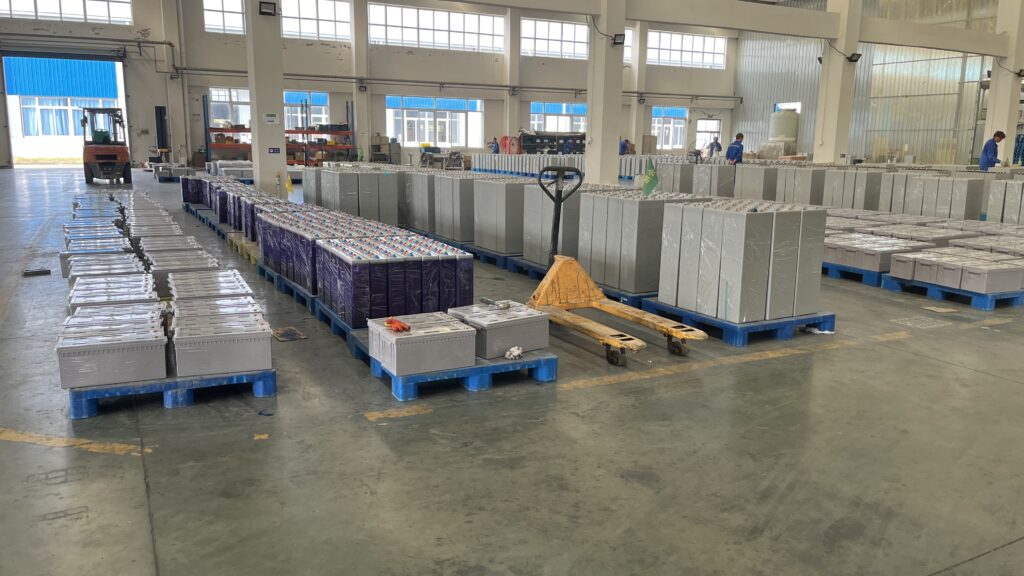When comparing OPzS and OPzV batteries, their performance characteristics and lifespan are critical factors to consider, especially in energy storage and backup systems.
OPzS batteries typically offer superior cycle life, with approximately 2000 to 3000 deep discharge cycles. This makes them highly reliable for applications where long battery life is essential. However, their performance can be affected by environmental factors like temperature. High temperatures may accelerate water loss, while low temperatures can impact the battery’s overall performance.
On the other hand, OPzV batteries, while offering slightly fewer cycles (around 1500 to 2500 deep discharge cycles), tend to exhibit better temperature tolerance due to the immobilized gel electrolyte. The gel prevents leakage and minimizes the effects of high temperatures, making OPzV batteries more durable under harsh environmental conditions. Additionally, their sealed, maintenance-free design reduces the risk of electrolyte evaporation or corrosion.
Ultimately, OPzS batteries excel in terms of cycle life, while OPzV batteries offer better temperature resilience and maintenance-free operation. The choice between them often depends on specific application demands, climate conditions, and maintenance capabilities.


